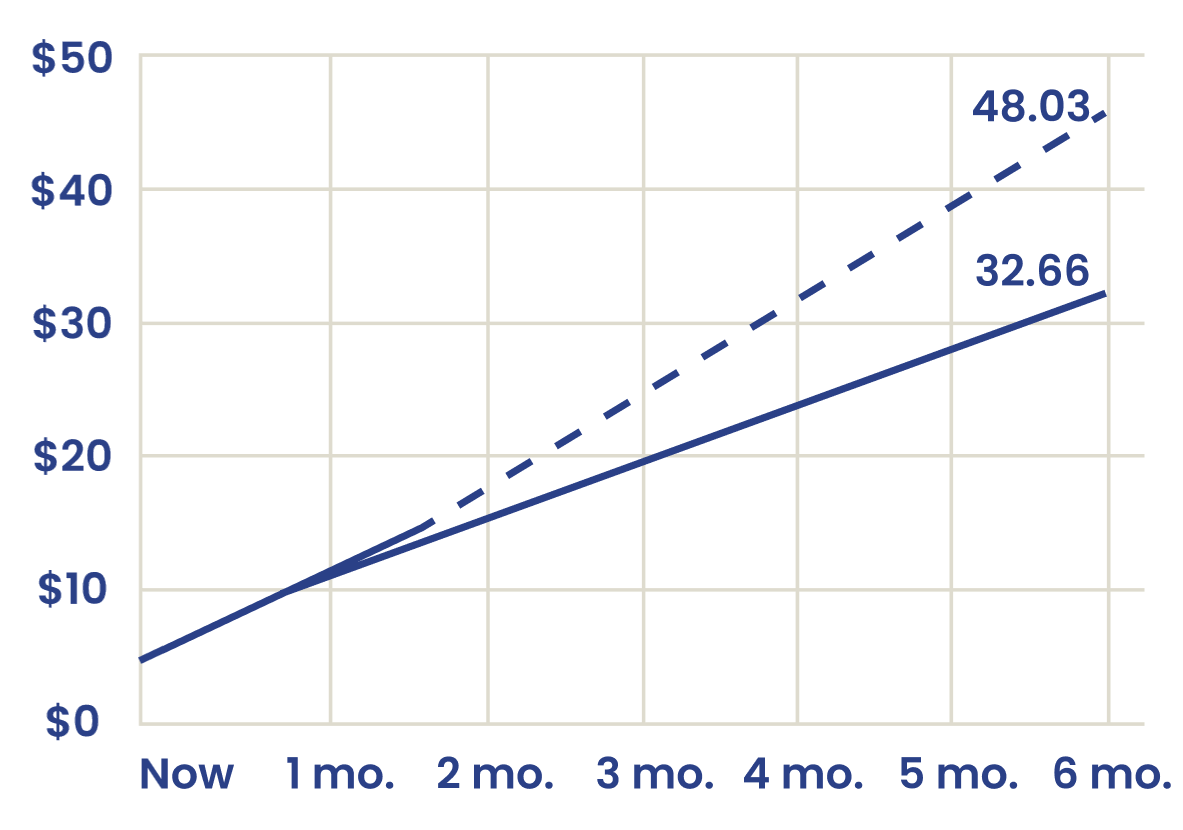Are you confident in your weekly food storage routine? It's time to take it up a notch and delve into the realm of a 30-day DIY long-term food storage plan.
Fear not, as setting up this extended plan is simpler than you might think, requiring just a bit of strategic thinking. The advantages? Enhanced preparedness for any short-term emergency that may come your way.
In this post, we'll guide you through the essentials of crafting a 30-day food storage plan, ensuring you're equipped for whatever comes your way. Let's get started on this journey to heightened readiness!
- Foods that need cooking
Indulging in ready-to-eat meals brings initial excitement, but over time, your body yearns for the comfort of freshly cooked, warm food. Prioritizing such meals becomes crucial for ensuring your body receives optimal nutrition and maintains mental well-being during emergencies.
Moreover, pre-packaged foods often contain elevated levels of salt, sugar, and fats, which may not be ideal for prolonged consumption. It's essential to strike a balance by incorporating food items that require cooking into your 30-day emergency food storage plan.
You can store the following foods that need cooking in your 30-day emergency food supply using mylar bags:
- Legumes and dry beans
- Pasta
- Instant mashed potatoes
- Barley, rice, and other whole grains stored
- Instant soup
Apart from these food items, don’t forget to store salt, spices, herbs, and other seasonings. Nobody wants to eat bland pasta!
- Foods that don’t need cooking
All packaged foods are not bad. Some can help you ensure a proper food supply during short-term emergencies.
Packaged food doesn’t need any fuel to cook so you can save up on fuel for when you need it.
The foods that don’t need cooking and must be part of your 30-day food supply include:
- Rice cakes
- Crackers
- Peanut butter
- Granola bars
- Dry cereal
- Jams
- Canned milk, fruits, vegetables, soups, meats, and fish
- Powdered milk
- Jarred foods
- Dried fruits
- MREs
Bottom Line
A 30-day emergency supply will not only help you during emergencies but also your daily life. You will learn the things your family likes to consume the most and which they don’t. You will also get to know which food items you are most comfortable cooking well. This will eventually help you build long-term food storage.
Get more tips and advice on using Mylar bags for food storage on our blog. Check it out now and keep following for more.




